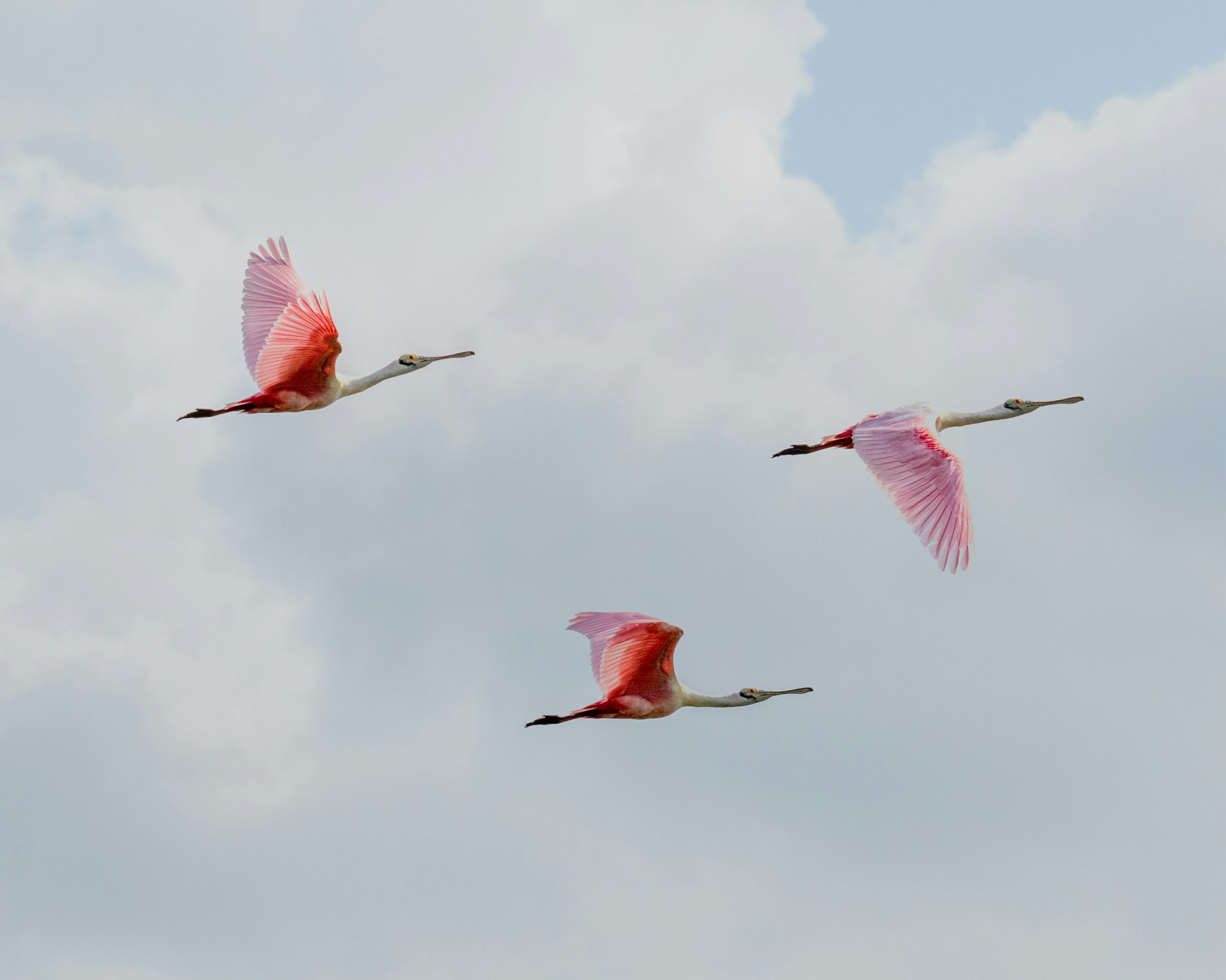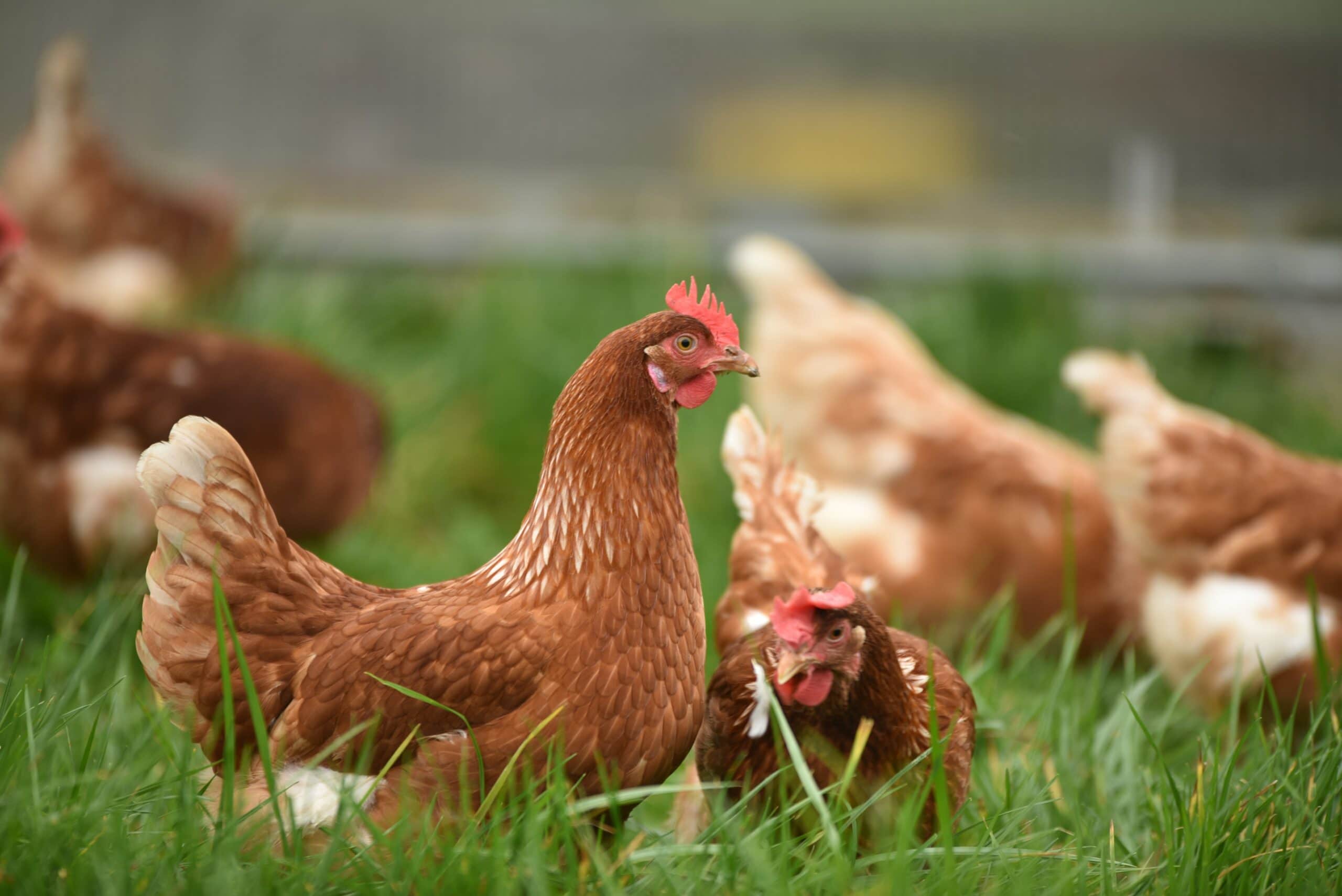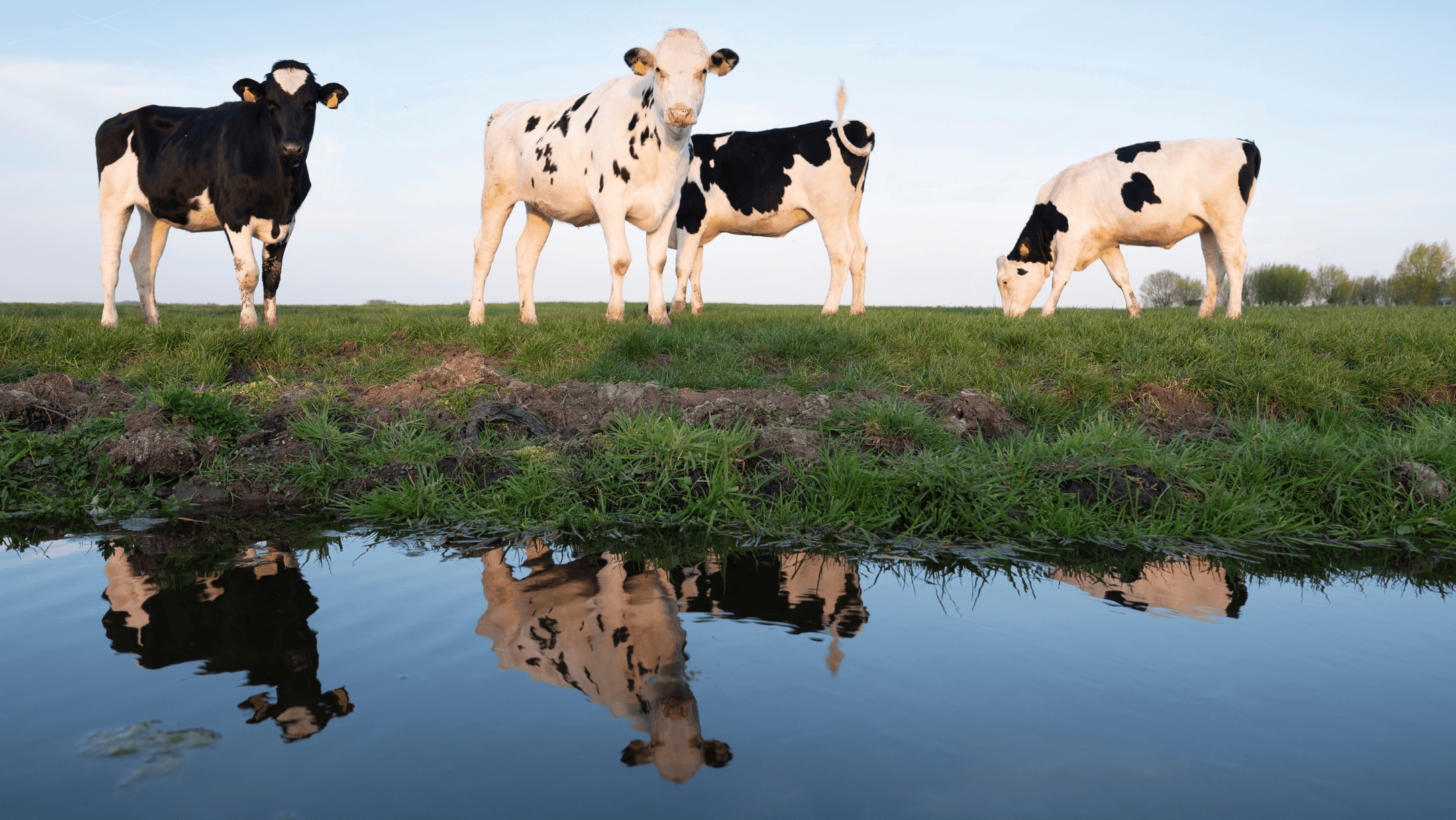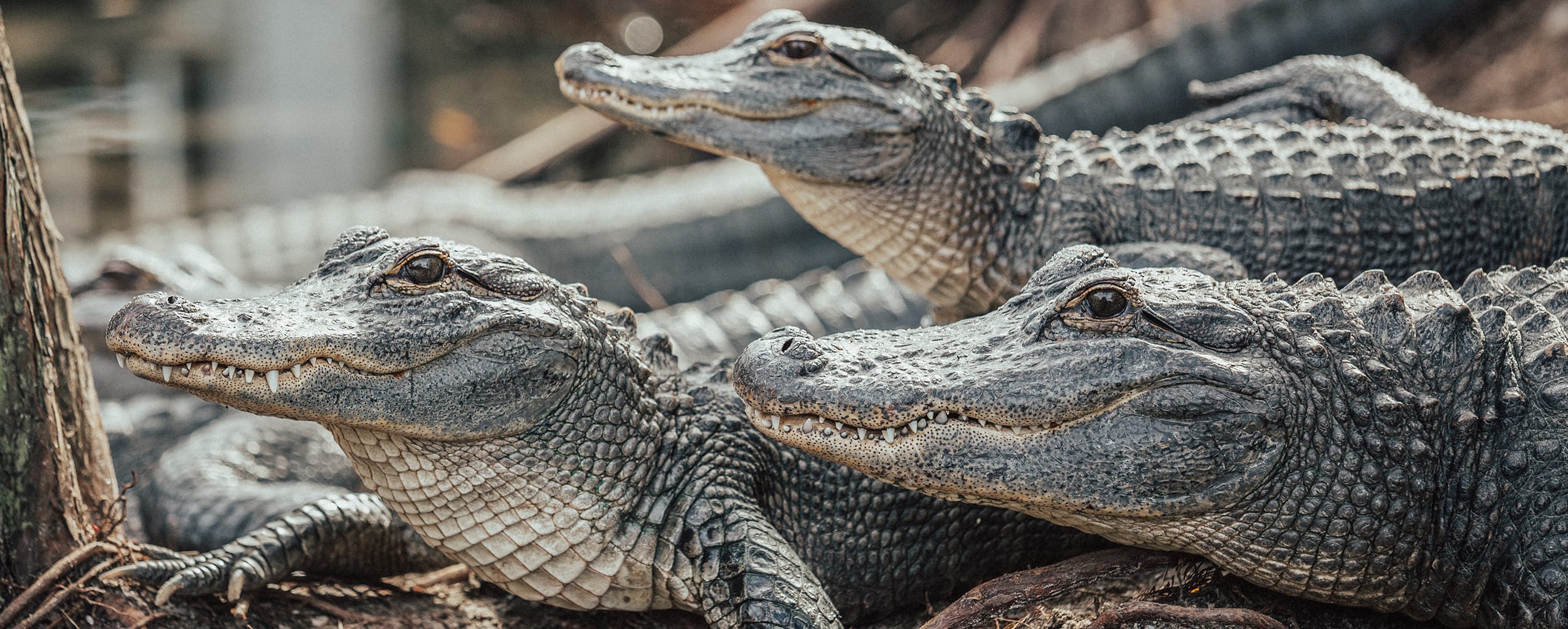The UK has taken a definitive step towards safeguarding the well-being of commercially exploited animals worldwide. Last month, the UK parliament unanimously approved the Animals (Low-Welfare Activities Abroad) Act 2023. This groundbreaking legislation prohibits the sale and advertising of activities overseas that inflict low standards of welfare on vertebrate animals—standards which would be illegal if occurring in England and Northern Ireland. Remarkably, within hours the King granted Royal Assent, a process generally taking weeks.
Background and motivation for the UK’s Low-Welfare Act
The journey towards this pivotal legislation began nearly a decade ago when the CEO of “Save The Asian Elephants” (STAE), Duncan McNair, witnessed a deeply unsettling scene during his inaugural trip to India: baby elephants being subjected to brutal beatings and stabbings to make them compliant for exploitation in the tourism sector. The trip illuminated the rampant and widespread abuse of Asian elephants in captivity.
In response, STAE, a full member of the World Federation for Animals, initiated comprehensive dialogue with the UK government, starting six to seven years ago. Their advocacy also extended to the Indian authorities. Over the years, STAE held numerous discussions across various governmental strata, tirelessly championing the cause of many abused species.
Their relentless advocacy efforts around the legislation were complemented by overwhelming public support. A petition established by STAE has so far garnered close to 1.2 million signatures, a clear testament to the collective desire for ensuring the welfare of animals and further strengthening the UK parliament’s commitment to passing this transformative legislation.
Emphasising the law’s global importance, STAE’s CEO Duncan McNair, commented, “We must now set our hand to starting the transition from brutal and dangerous practices to ethical sanctuaries and wildlife reserves.”
Why the UK’s Low-Welfare Act is needed
Millions of animals suffer in the name of tourism every year. Asian elephants are among the hardest hit. Many are taken from the wild as calves after witnessing the slaughter of their protective mothers. They are then isolated, shackled with wire or chains, stabbed, ripped and beaten, and forced into a lifetime of servitude and torture.
STAE’s research has uncovered a staggering number of UK companies that capitalise on these cruel ventures. Over 1,200 firms profit from advertising nearly 300 brutal elephant venues alone. This booming market of cruelty underscores the pressing need for regulatory intervention. The Act would protect numerous endangered and vulnerable species, including primates, big cats, dolphins, orcas, exotic birds, and many more.
As STAE works to urge Scotland and Wales to embrace similar legal measures, the hope is that many other countries will take this Act as inspiration to change. Furthermore, there is hope that countries with thriving markets in questionable animal tourism will be spurred to reform.
The next steps for the UK’s Low-Welfare Act
The journey of the Animals (Low-Welfare Activities Abroad) Act 2023 does not end with its unanimous approval. The next crucial stage is the coordination of submissions to the UK Government concerning specific activities that should be banned from advertising or sale in England and Northern Ireland under the Act. Animal organisations and other stakeholders who wish to contribute and have their voices heard are encouraged to reach out to STAE for collaboration. Additionally, contributions and feedback can be submitted directly through their questionnaire.
Photo credit: Adam Oswell / We Animals Media





